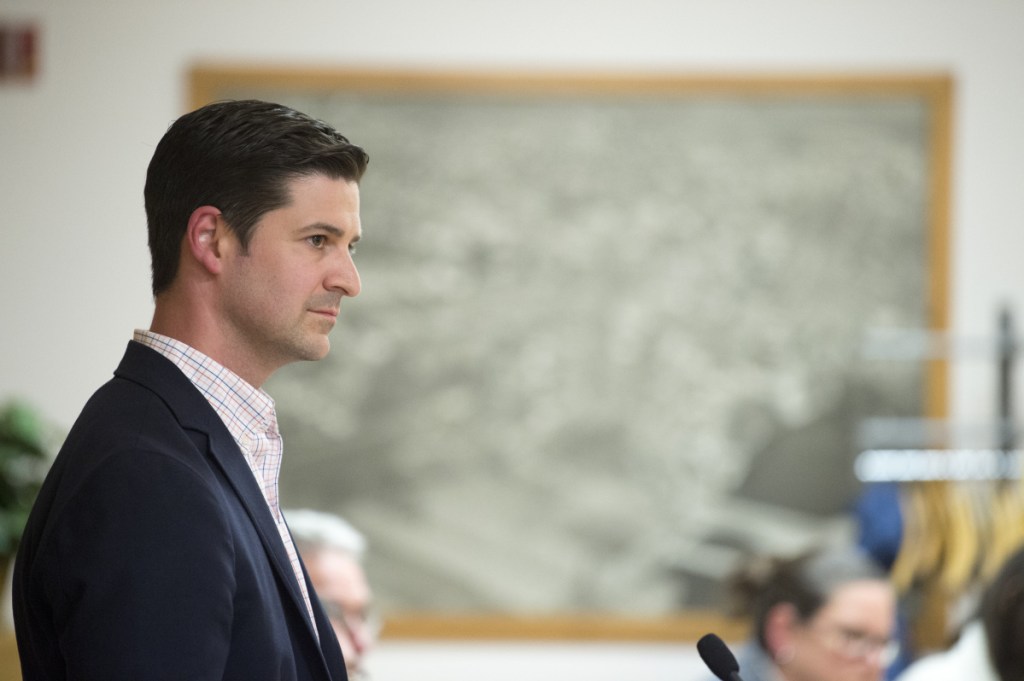The concept of the “big lie” has been around at least since Adolf Hitler wrote “Mein Kampf” to denounce German Jews. As we now know, the “big lie” was actually almost anything the Nazi regime said about its opponents — though truth-tellers in war are even rarer than they are the rest of the time.
In our own time, the “big lie” has been refined to include many little lies, but with the same goal. It isn’t necessary that any particular lie be believed by a majority of the voters; the intent is simply to confuse things enough so many don’t really know what to think.
When Richard Nixon proclaimed, “I am not a crook,” and was later shown to be lying, the nation was shocked. By the time Donald Trump was elected, he was expected to lie, and did, from his first day in office, and even before.
Whether it was his notion that he won the popular vote, after losing by nearly 3 million votes, or that the vacant spaces along his inauguration route were actually filled by cheering supporters, Trump wasn’t really trying to persuade anyone – he was just trying to muddy perceptions.
What starts at the top works its way down, as we see in the extraordinary saga of Waterville Mayor Nick Isgro.
Isgro, wholly apart from his official duties, has indulged in an escalating stream of inappropriate and even shocking social media posts, concluding with telling a Parkland shooting survivor to “Eat it.” As a result, he is now the subject of a recall petition that will determine whether he continues to serve as mayor.
Rather than acknowledge what he did, and defend it or apologize, Isgro took a leaf from the Trump playbook, denouncing opponents, real and imaginary. He did so with the firm support of a former Waterville mayor, and now governor, Paul LePage.
A frontrunner for the Republican nomination for governor, Shawn Moody, took it a step further, insisting that the public should move on because Isgro “apologized” and “retracted” his statement — though Isgro has done no such thing.
Having failed to defend an apparently indefensible action, Isgro then invented a conspiracy theory to explain the recall effort — it’s really all about the City Council’s desire to push through a budget with a 13 percent increase, which he claimed is being prepared behind closed doors and without public notice.
Isgro ignores that he’s already vetoed a previous budget and the council enacted it over his veto; there’s no need to remove the mayor to pass a budget.
Isgro has been elected to two terms as mayor; he knows exactly how the budget process works. And he knows that City Manager Mike Roy is telling the truth when he explained that the current budget is simply a draft, prepared for council discussion.
Municipal budgets around the state go through the same process: department requests, manager presentation, committee deliberations, council consideration, and then final votes. The draft budget is never adopted as is; councilors always weigh how much the taxpayers can afford vs. public needs.
There’s usually debate, often lively, about the proper level of spending and taxation, but Isgro’s approach is just as disappointing as his response to his online provocations.
The mayor is free, like any other citizen, to assess and criticize the proposals that make up the budget. He can suggest spending reductions, places where the city might increase revenues or tap existing fund balances. He can figure out how things might be done more efficiently.
That would be called doing your job. Instead, Waterville’s mayor has decided it’s better to, as the president puts it, “attack, attack, attack,” rather than provide leadership.
Isgro, and some of his allies, seem bent on defending his tenure by trying to embarrass and intimidate opponents, including posts about “dark money” and “out-of-town activists.” In fact, some Maine Democratic Party staffers did help collect signatures from registered voters — which is legal, and understandable, when citizens’ use of their political rights brings threats of retaliation.
There is little disagreement that the political atmosphere in Waterville has turned ugly, and not much doubt about the primary source. While a few of the mayor’s critics have lost their cool in the heat of debate, this is not a case where “both sides” are equally responsible.
Thomas Jefferson, a president who was more than familiar with vituperative attacks, nonetheless insisted in a famous letter, “We are not afraid to follow truth wherever it may lead, nor to tolerate any error so long as reason is left free to combat it.”
That’s something Waterville voters may want to ponder when they exercise their rights by voting on June 12.
Douglas Rooks has been a Maine editor, opinion writer and author for 33 years. His new book is “Rise, Decline and Renewal: The Democratic Party in Maine.” He lives in West Gardiner, and welcomes comment at: drooks@tds.net
Send questions/comments to the editors.



Success. Please wait for the page to reload. If the page does not reload within 5 seconds, please refresh the page.
Enter your email and password to access comments.
Hi, to comment on stories you must . This profile is in addition to your subscription and website login.
Already have a commenting profile? .
Invalid username/password.
Please check your email to confirm and complete your registration.
Only subscribers are eligible to post comments. Please subscribe or login first for digital access. Here’s why.
Use the form below to reset your password. When you've submitted your account email, we will send an email with a reset code.